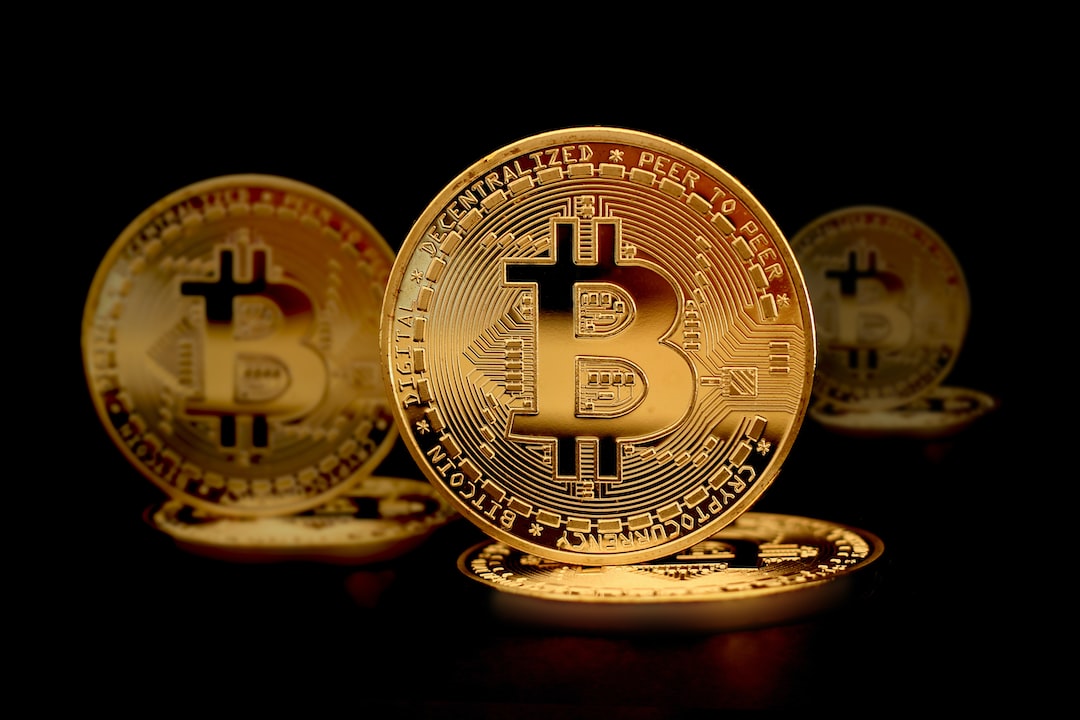SEC Accused of Misleading Court in Ripple Case
Bill Morgan, a legal expert and commentator on the Ripple v. SEC case, has accused the United States Securities and Exchange Commission (SEC) of misleading the court yet again. Morgan made this claim while quoting XRP influencer WrathofKahneman, who commented on Ripple’s recent motion to file a sur-reply to the SEC’s request for financial statements and sales contracts. According to Ripple’s legal team, the sur-reply is necessary to correct a factual mischaracterization made by the SEC in its reply. The team argues that the court would benefit from this clarification to make an accurate ruling.
Setting the Record Straight
Ripple’s sur-reply highlights that they have previously argued against producing post-complaint contracts, stating that it would be burdensome. They did not produce them earlier in the Zakinov v. Ripple Labs class action case either. The SEC has mentioned the Zakinov case, along with other court cases, as relevant in its lawsuit against Binance. These cases include Owen v. Elastos Foundation, Patterson v. Jump Trading LLC, and Houghton v. Leshner.
XRP Token’s Performance
The XRP token, which has been at the center of this legal battle, is currently trading at $0.511, experiencing a 0.74% decrease for the day. It has also suffered losses of 9.63% over the previous week and an 18.04% drop in the past month.
Hot Take: SEC Accused of Misleading Court in Ripple Case
Once again, the SEC is facing accusations of misleading the court in its ongoing legal battle with Ripple. Legal expert Bill Morgan claims that this is happening far too often, with Ripple’s sur-reply motion serving as the latest example. Ripple argues that the SEC has made a significant factual mischaracterization in its reply and that the court would benefit from the sur-reply to rule on an accurate record. This accusation adds to the complexity of the case, which has already involved various court cases and raised questions about post-complaint contracts. As the case continues, the XRP token’s value remains volatile, experiencing fluctuations amidst the legal uncertainty.





 By
By

 By
By

 By
By
 By
By